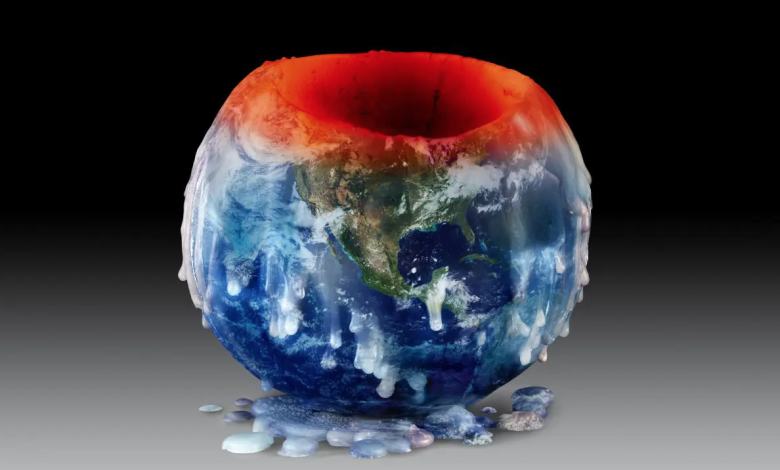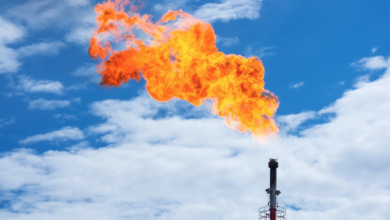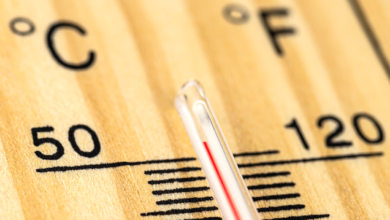Calculated for the 1 time carbon budget that takes into account all greenhouse gases
The study also considers climate-altering gases such as methane, nitrogen oxides, soot
(Sustainabilityenvironment.com) – In order to calibrate climate policies, we must not only consider the carbon budget, but look beyond CO2. Including in the calculation of greenhouse gases definition also all other greenhouse gases. Only in this way it is possible to get a precise idea of how much global warming is already “incorporated” in past emissions and understand how much the global temperature will increase even if we immediately stop adding greenhouse gases into the atmosphere. The first to do this systematically is a study led by the University of Washington in Seattle and appeared in Nature Climate Change.
The work starts from the hypothesis that the emissions of greenhouse gases stopped completely in 2021. Even if that were the case, the amount of methane, nitrogen oxides, and aerosols such as soot and fluorinated gases already in the atmosphere would lead us to exceed 1.5 degrees with a probability of 42%. The study tests these hypotheses for each year from now until 2080, building emissive scenarios that resume the 8 Shared Socioeconomic Pathways (SSPs) on which the projections of the IPCC are based.
Read also IPCC climate change report: how we change our lives and what we risk
“This paper examines temporary warming that cannot be avoided, and this is important when you think of the components of the climate system that respond quickly to changes in global temperature, including the Arctic sea ice, extreme events such as heat waves or floods and many ecosystems,” explains Kyle Armour, Associate Professor of Atmospheric Science and Oceanography at the University of Washington and co-author of the research. “Our study found that, in all cases, past emissions force us to reach the temperature peaks about five or ten years before testing them”.






